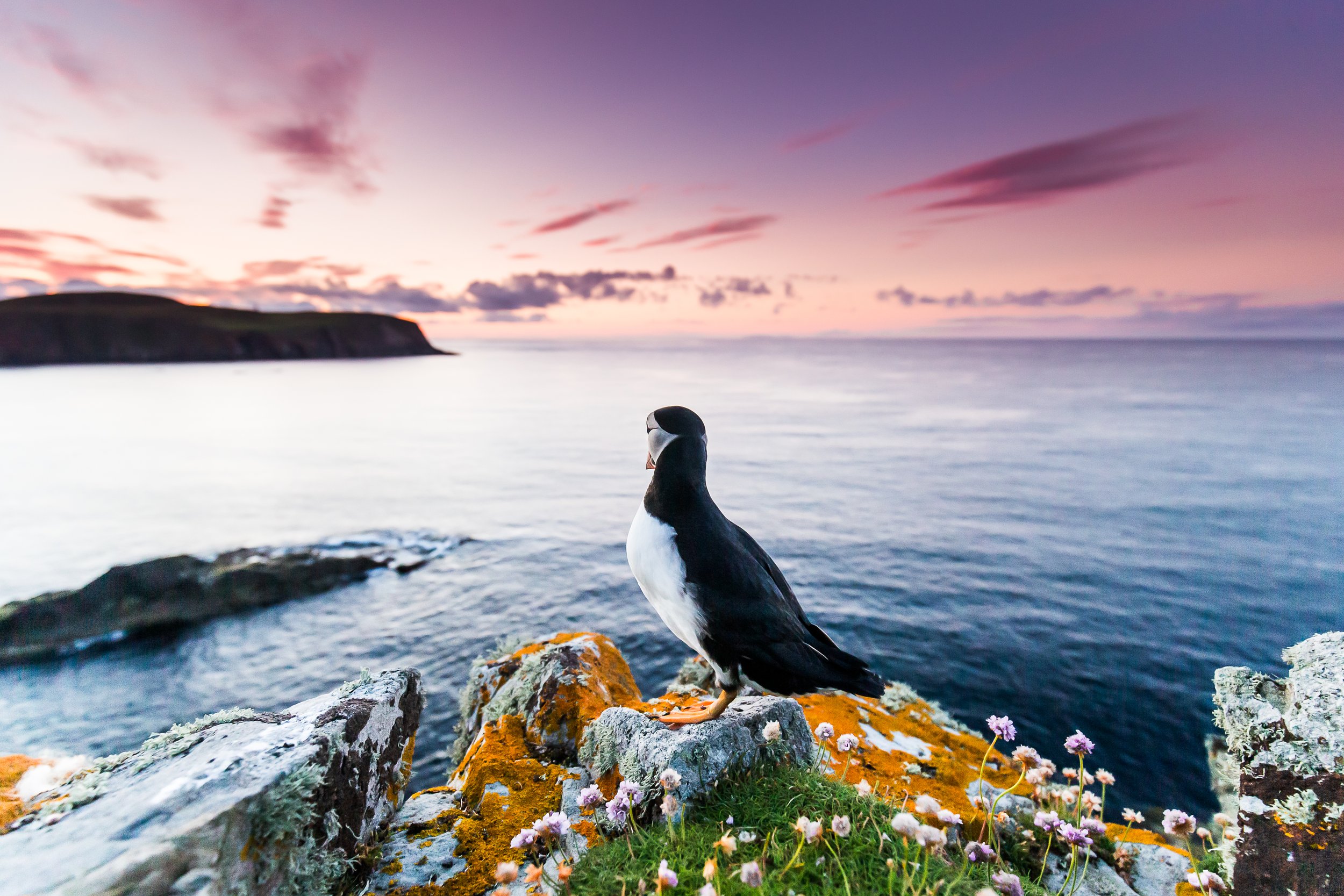
WHERE PHOTOGRAPHY COMES TO LIFE
UNTAMED COAST: PRINT COLLECTION
DISCOVER.
LEARN.
INSPIRE.
Oceans connect us all. They cover two-thirds of our planet and contain most life on earth. They are equally as important to us as they are vast. However they are in crisis..
Our oceans cover over 70% of our planet. Providing more than half the oxygen we breathe and absorbing nearly a third of our carbon emissions. However, the fate of our oceans and their delicate ecosystems are at a tipping point. They are in crisis; the human race is polluting our waters and destroying its habitats. Each year between 8 and 13 million tonnes of plastic enter our oceans, reducing our oceans ability to help fight the climate crisis. A third of our seas are 'protected', but in reality less than 1% of our seas are well managed.
Each day, important species and habitats are being destroyed. It's not too late; together we can turn the tide and restore the health of our oceans.
AN UNCERTAIN FUTURE..
Europe hosts ninety per cent of the world’s Atlantic puffin breeding population, the greatest stronghold being Iceland, home to sixty per cent of the world population. Living in colonies makes the birds vulnerable to any adverse changes in environment, such as oil spills or unforeseen natural disasters and our warming world that might affect their feeding grounds. With their low reproductive rate of only one egg during the season, such events are likely to have a massive impact, with populations taking decades to recover.
Despite this, it is all not bad news. Around two thousand breeding pairs on Skokholm Island and six thousand pairs on Skomer make these Welsh islands two of Britain’s most important puffin colonies. With numbers now reaching their highest levels since the 1940s, they are seemingly unaffected by the food shortages and other woes that plague the rest of the world’s populations. Research may show why numbers are increasing at these isolated breeding grounds, and the answer may hold the key to the future of other colonies.
With over ten million adult puffins globally, it is not too late to reverse the downward trend, although, since the turn of the century, climate change, overfishing and pollution have increasingly made it more difficult for these wonderful birds to find food and raise the next generation. There is still hope, but salvation can only come from changes in human attitudes and better stewardship of our oceans and coastal environments.

OUR BLUE HEART: NEEDS PROTECTING







